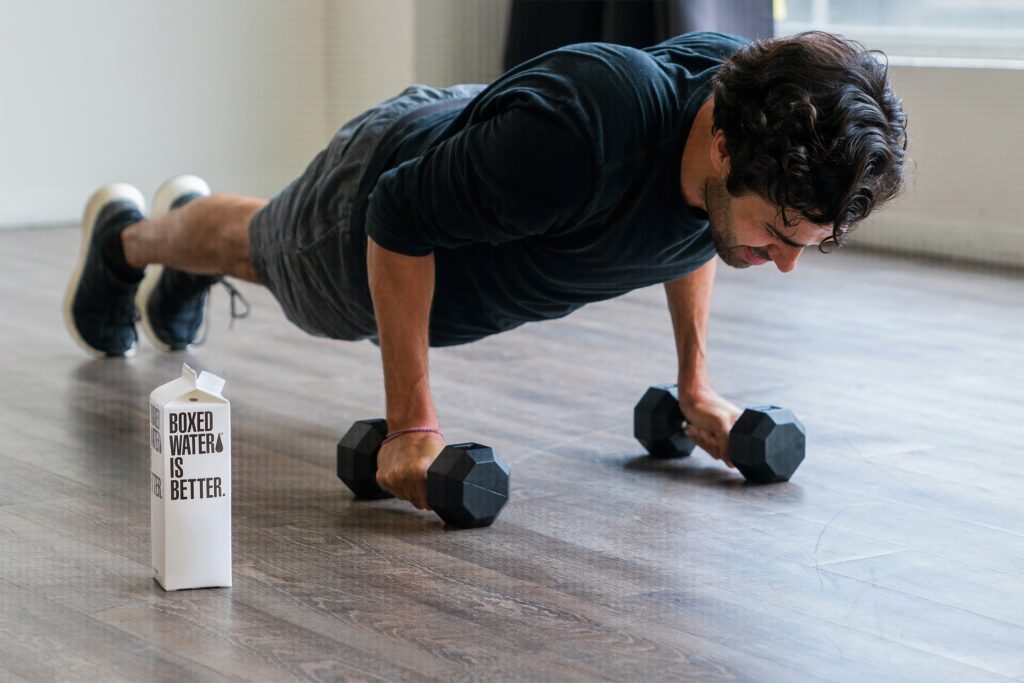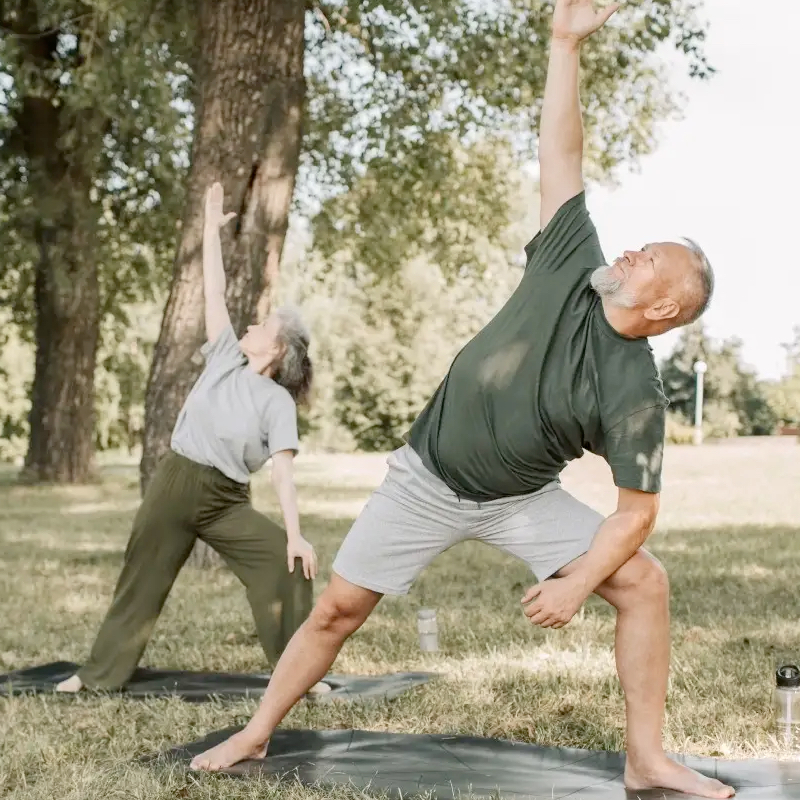- LIFTING TOO HEAVY
Using more weight doesn’t always equal a better workout. Letting go of
your ego can allow you to grow more muscle. It’s best to engage the muscle as much as possible and by using too much weight it is likely that you would have to use bad form in order to complete the exercise. It is better to use a moderate weight that you can control through the entire movement, then work your way up to a heavier weight that you can properly control.
- IMPROPER TECHNIQUE
Some people never seek the benefits of their training because they consistently use bad form. An individual can do 20 “bicep curls” and barely work their muscle because of using improper form. By using small techniques such as how to eliminate momentum and using the target muscle to control the weight, your workouts will become more productive. Using the correct form will also reduce your risk of injury.
- NOT ENOUGH RESEARCH BEFORE COMING TO THE GYM
There are some individuals who come to the gym and watch others work out in hopes of finding an idea of what to do. Starting your workout without a plan can limit your progress and waste valuable time. Your training can become more efficient and flexible by doing research on workouts, proper exercise techniques, and general tips on training. Use the resources that I’ve posted in the ‘Resources to Maximize Your Fitness Potential’ section for online fitness advice.
- UNREALISTIC EXPECTATIONS
Expecting to achieve your greatest physique in a few days can be unrealistic. Your body needs time to change. It may take weeks or even months based on your current condition before you can achieve the physique you desire. The main thing is to be patient and focus on progressing one day at a time.
- RESTING TOO LONG
While everyone needs to rest in between sets, most individuals give themselves too long of a rest period. Some people end up texting or talking, allowing their body too much time to relax. Consistently resting for too long can negatively affect the results of your workout. The key is to limit the time in between sets to challenge your body to become stronger.

- DOUBTING YOURSELF
Negative thoughts can affect your training performance. By staying positive you allow yourself to have a better workout. Keep in mind that you have no choice but to make progress whenever you try something new. Stay focused and believe that you can accomplish your goals.
- TRYING TO DO TOO MUCH AT ONCE
Doing cardio, lifting weights, eating healthy, drinking more water, timing your meals and getting more sleep are only some of the many aspects of fitness to improve on. Trying to do everything at once can be challenging for most individuals. It is better to take small steps towards your fitness goal rather than one huge transition that can be difficult to maintain.
- NOT EATING ENOUGH
Eating healthier is a great start to becoming fit and can cause a diet to be lower in calories. Yet consuming too little calories in addition to training can cause an individual to feel sluggish. Though some people may be cutting back on calories to burn fat, it is important to still fuel your body with enough calories to support energy throughout the day. By properly setting up your macros, you can maximize the amount of calories you are able to consume while achieving your goal.
- LACK OF VARIETY IN EXERCISES
Incorporating a variety of exercises in your workout is important for developing a well-rounded physique. Understanding which muscles are engaged during specific exercises can allow your workouts to become more efficient. For example, your legs are made up of different muscle groups, so choosing an exercise to target each area is beneficial for overall muscle development.
- NOT WARMING UP
Before starting a workout and giving it all you’ve got, it’s important to properly prepare your body to efficiently manage the impact of training. Warming up allows the body to gradually adjust to high levels of physical activity, which reduces the risk of injury and improves training performance.









